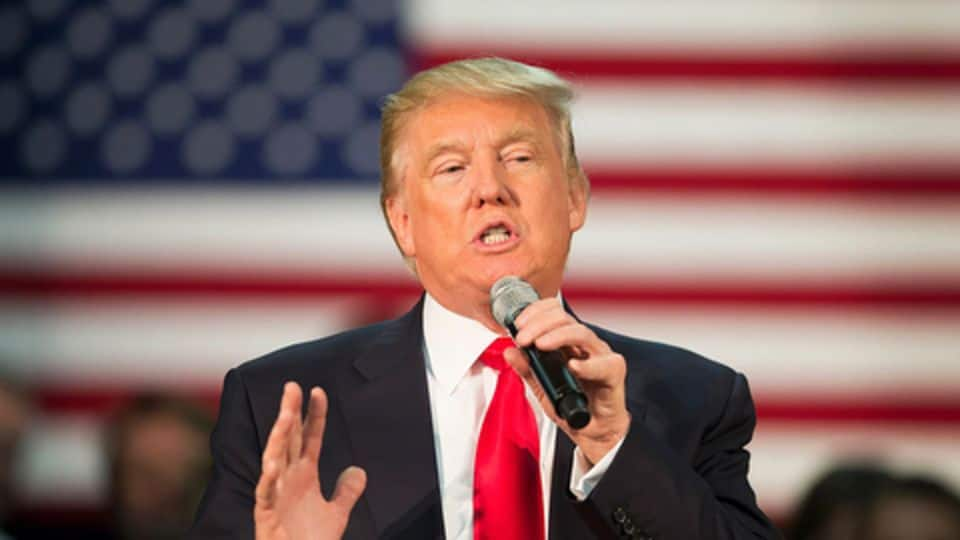
We now have a word of the year for 2017
What's the story
Dictionary publisher Collins has named 2017's word of the year.
But before we reveal it to you, we want you to take a guess. Just one.
Okay, here is a hint: It's actually two words and is related to Donald Trump. It was everywhere this year, so much so that it hardly needs any more attention.
No? Fine.
It is fake news.
Details
Use of fake news has risen by 365% in 2017
The phrase, which has been consistently in the news, is Trump's key weapon in his war against media.
And it's clearly not just him. The use of the term has risen by 365% this year, highlighting its emergence as a concern and its unbiased effect on all.
Collins had defined fake news as "false, often sensational, information disseminated under the guise of news reporting".
Information
Fake news will feature in the next Collins dictionary
Helen Newstead, Collins' head of language content, told BBC, "Fake news, either as a statement of fact or as an accusation, has been inescapable this year, contributing to the undermining of society's trust in news reporting." Fake news will feature in the next Collins dictionary.
Shortlist
Insta, antifa, cuffing season were also considered for top spot
Even popular words like Insta (short for Instagram) and fidget spinner could not beat fake news to the top spot.
Other words that made it to the shortlist include antifa (short for anti-fascist), gender fluid (not identifying with any gender), cuffing season (when single people look for a partner just for winter) and gig economy (a market where short-term or freelance work is prevalent).
Do you know?
Collins has been selecting winners from urban lingo since 2013
Since the last five years, Collins has taken to highlighting urban lingo, mostly popular among social media users. It chose Brexit as the word of the year in 2016, binge-watch in 2015, photobomb in 2014 and geek in 2013.